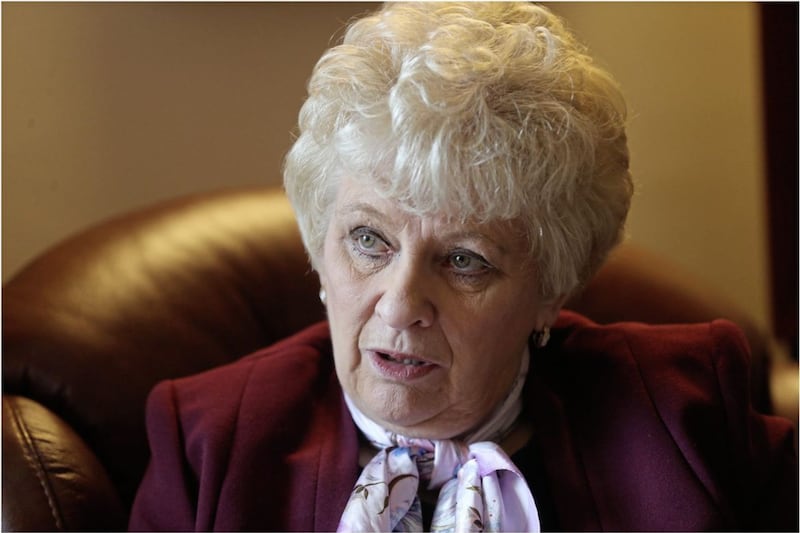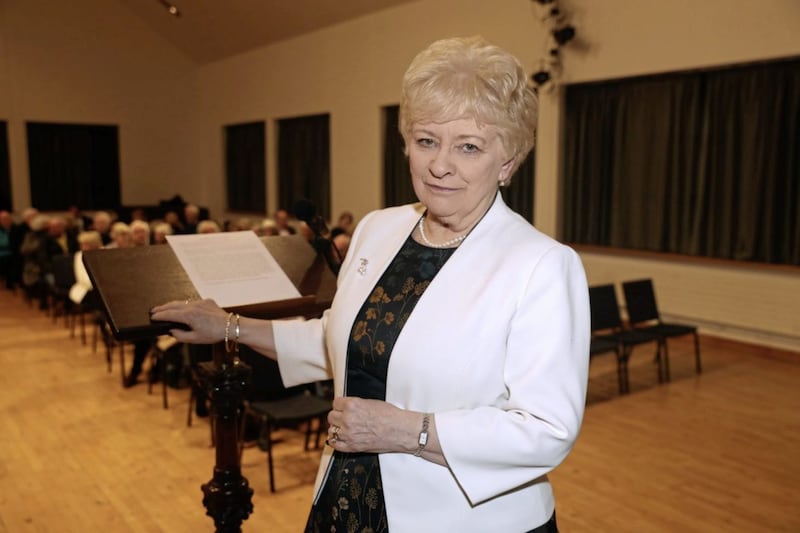WHILE Parliament was in chaos last July, Northern Ireland's law on abortion was changed utterly.
During the brief consultation which followed, about how the new law should be formulated, 79 per cent of respondents said that they did not want the changes suggested by the Northern Ireland Office.
Then in the middle of the coronavirus lockdown, the secretary of state made regulations setting out how the new law will work.
It goes much further than the law which applies in Britain and in Ireland, and makes much wider provision than was required.
Great concern has been expressed about these regulations to Parliament and in the media, by many organisations and individuals, including the Northern Ireland attorney general, Church leaders and MPs and members of the House of Lords.
The new law has already been drawn to the special attention of the House of Lords by one its own select committees because there are so many problems and questions about it.
Despite no preparation, no training, no resource allocation, no impact assessment, no proper regulatory framework, and in the middle the coronavirus crisis, government has said that abortions may now be carried out in Health and Social Care premises.
Previously abortion was permitted because of a grave risk of permanent injury to the mother or to her life.
Now in addition, abortion is available on demand if one medical professional - a doctor, nurse or midwife - certifies that a pregnancy has not reached 12 weeks.
Unconditional access to abortion is available up to 24 weeks if two medical professionals agree that abortion would involve less risk of injury to a woman's mental or physical health than having the baby, taking into account her wider social circumstances.
She does not have to have any mental health condition. There is no requirement for a threat to her mental or physical health - merely a risk, meaning that in effect we have abortion on demand to 24 weeks.
So babies can be aborted up to 24 weeks for any reason. In Britain and in Ireland it is unlawful to abort a baby because it is a boy or a girl. In Northern Ireland this is now lawful. This is discrimination on grounds of gender.
Babies can be aborted up to birth because the baby has a severe foetal impairment or a fatal foetal abnormality. There is no definition of either condition.
The attorney general has written to Parliament saying that this provision goes beyond the powers given to the secretary of state.
In England and Wales, 90 per cent of babies with Down's syndrome are aborted, as are babies with cleft lips, club feet and a host of other conditions which are not life limiting and are, in many cases, capable of correction.
The Government was required to draft the law "without perpetuating stereotypes towards people with disabilities". They have not done this.
There is no longer protection for a baby who has a disability. This is discrimination on grounds of disability.
There is very limited protection for those who, for reasons of conscience, object to participating in abortion.
It is only available to doctors, nurses and midwives performing tasks to actually terminate a pregnancy, not those with ancillary, administrative and managerial roles.
There was no need to limit conscientious objection in this way and the attorney general has stated that because there is no such protection for staff, this is unlawful discrimination against those staff.
There is no longer specific protection against coercive abortion, where, for example a partner or parent secretly puts abortifacients into the food or drink of a pregnant woman.
The attorney general has also pointed out the secretary of state had no power to remove, as he did, the existing statutory offence of child destruction, which gives protection from abortion to any baby in the womb capable of surviving after birth.
Babies now regularly survive after being born at 22 or 24 weeks.
The UK Government did not listen to the many responses from Northern Ireland opposing this law. It is time now for the Assembly to make its voice heard, to debate the issue and to reclaim its power over abortion.
This new law with its obvious excess of power, uncertainties, lack of detail and dangers, has to be approved by Parliament in the coming weeks. If this does not happen, the law will fall.
Parliament cannot sit properly because of the coronavirus: only a limited number are permitted to attend.
It would very wrong if this new law, containing so much that appears to be beyond the powers of the secretary of state, were to be approved without proper consideration and without taking into account the views of the people of Northern Ireland.
It is time for the people of Northern Ireland to make their voices heard again, by writing to MPs, MLAs, the NIO and others demanding that these regulations are not approved.








